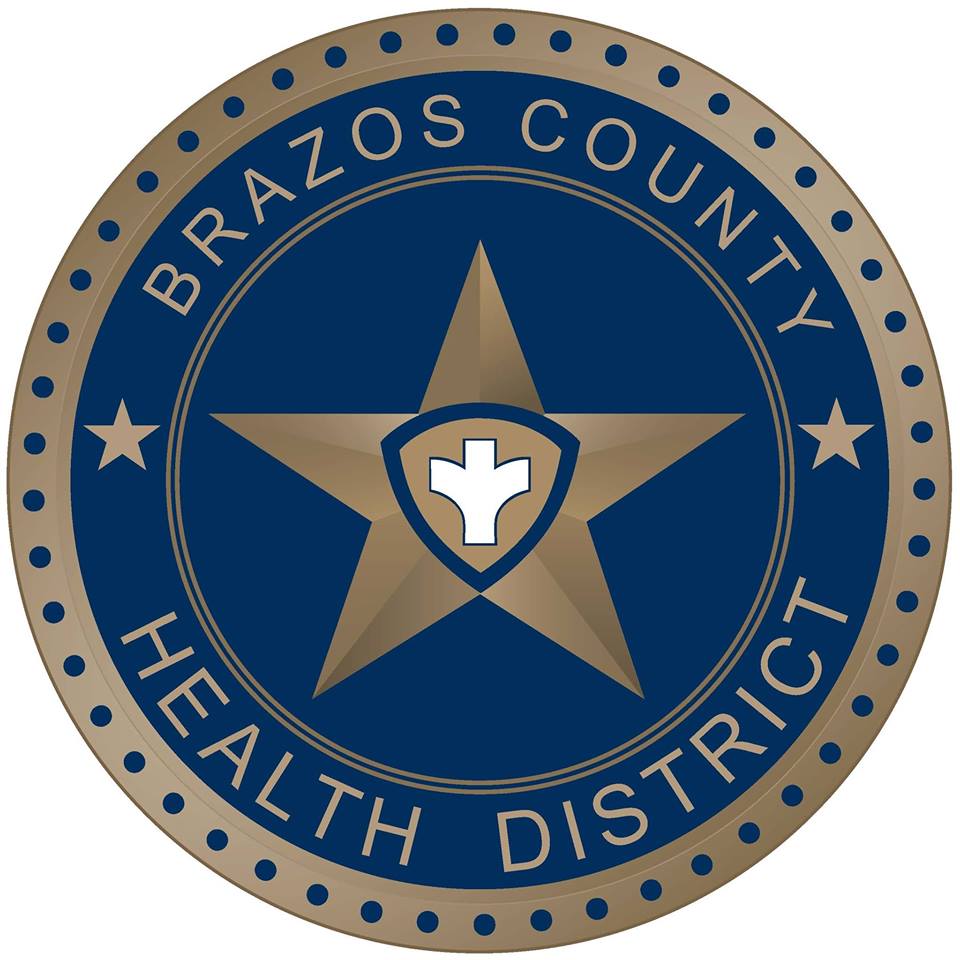 By Bob Lamkin. Environmental Health Manager, Brazos County Health District (TX)
By Bob Lamkin. Environmental Health Manager, Brazos County Health District (TX)
Brazos County, Texas, is home to Texas A&M University and a population of nearly 230,000. We have hot temperatures, high humidity and lots of mosquitoes. Our Health District is small and our resources for a vector program have been limited. However, we knew we wanted to help protect the citizens in our county from arboviruses.
In the fall of 2018, as in many previous years, we were notified that we had two human cases of West Nile Virus in our county. However, we had limited adult mosquito surveillance equipment, no equipment to treat the area around the case properties, and no dedicated staffing for vector surveillance and control. One of our staff previously worked in another area of Texas and had some experience with vector control, so when Zika arrived to Texas in 2016, we were able to start an ovitrap program to begin monitoring mosquitoes. We identified locations, set up the ovitraps and utilized practicum students from Texas A&M to help us analyze egg count data from our community. We also started a collaboration with the City of Bryan, the City of College Station, and Texas A&M University to discuss the opportunities presented by arboviruses and how we would work together to identify and solve those challenges. We wanted to learn how to be proactive, not reactive, in vector control. The big question: How could we do this with our limited resources? We knew that there was a grand ball, but had no way to get there or anyone to dance with!
We learned of a grant opportunity through the Texas Department of State Health Services (DSHS) in response to Hurricane Harvey that could provide the financial resources to purchase the necessary equipment for vector surveillance and control. We identified that our program needed surveillance and ULV spraying equipment, backpack sprayers, and the pesticides necessary to treat areas based on positive arbovirus test results in humans and mosquitoes. DSHS would also provide adult mosquito identification and arbovirus testing through their lab, if we could provide them with samples from our adult trapping program. We were awarded that grant in November 2018 and quickly realized that while we were going to have equipment, we had little knowledge about what it would take to start a vector control program in Brazos County. Simultaneously, we learned about the NACCHO Vector Control Collaborative (VCC) which pairs an established vector program with a smaller program in a formal mentor-mentee relationship. In January 2019, we were chosen by NACCHO to participate in the VCC. In a short amount of time we had two fairy godmothers in the Texas DSHS and NACCHO!
Our NACCHO VCC “prince” came in the form of the Harris County Public Health Mosquito and Vector Control Division (HCMVCD) as our mentor. This was the opportunity for us to learn from one of the largest programs in the U.S. They were very open-handed with their knowledge and expertise. They visited us to discuss surveillance equipment and trapping locations for our program and we traveled to them for training in surveillance, mosquito identification, integrated pest management, pesticide resistance, public outreach and education, and much more. Aware that we could not duplicate HCMVCD, we wanted something that matched our resources and was sustainable. We needed to have the perfectly sized slippers in a vector program for our community’s footprint. We sought to leverage our experiences and in collaboration with our community partners work to rapidly grow a sustainable program. We began by ordering adult mosquito traps and doing weekly surveillance throughout our county. We visited the DSHS Lab and started sending mosquitoes to them for identification and arbovirus testing. In a short time, we have moved our vector program from reacting to human cases to proactively testing mosquitoes for arbovirus and upon detection treating those areas to protect the public.
Our vector surveillance and control program in Brazos County has developed swiftly and we are learning more daily. We are developing standard operating procedures and documenting everything along the way to encourage program sustainability. Our Environmental Health Division is thrilled to serve our community in a new way, while also learning to balance our additional responsibilities.
As we build our program, we have already considered how we can “pay it forward.” We are now working with six bordering rural counties to assist with vector surveillance and control efforts (in an emergency). With every opportunity to grow or expand our services we ask ourselves, “Is this sustainable?”
Finally, one of our most valuable lessons learned was the importance of seeking training, resources, and expertise from all levels of the public health community (national, state, and local). We could not have done this on our own. Our community partnerships made this possible, because we must all collaborate to maximize our efforts. It takes substantial effort to find those resources and establish relationships with those who are ahead of you on this road, but once you find them you can write your own Cinderella Story.
For more information about this story, contact Bob Lamkin at [email protected]. For more information about the Brazos County Health District, visit http://www.brazoshealth.org.





